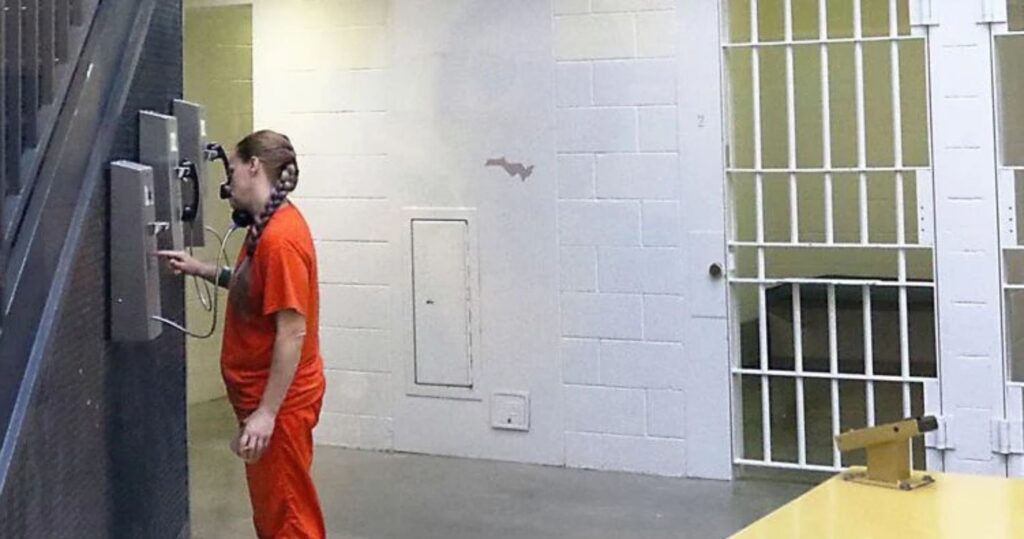In a move drawing widespread criticism from criminal justice reform advocates, the Federal Communications Commission (FCC) recently voted to raise the caps on phone rates for incarcerated individuals, bowing to lobbying pressure from private prison operators and telecommunications companies. The decision, detailed in the Prison Policy Blog, marks a controversial shift in the regulatory landscape, reversing prior efforts to limit exorbitant phone charges that disproportionately affect low-income families.
For years, advocates have highlighted the financial strain placed on families by high phone rates in jails and prisons. Communication between incarcerated individuals and their loved ones is essential not only for maintaining family bonds but also for supporting mental health, reducing recidivism, and aiding successful reintegration into society. The FCC’s previous caps, established after extensive review, sought to prevent companies and facilities from charging abusive rates for basic phone access.
However, the recent decision raises the maximum allowable rates, citing complaints from private prisons and telecommunications providers that the prior caps were “financially unsustainable.” This rationale, critics argue, prioritizes corporate profits over the welfare of inmates and their families, effectively saddling the most vulnerable communities with increased costs. Families who already struggle to pay rent, utilities, and other necessities now face additional burdens to maintain essential contact with incarcerated loved ones.
Research has consistently shown that regular communication significantly benefits inmates. Studies indicate that maintaining contact with family and friends can reduce recidivism rates, improve emotional well-being, and foster rehabilitation. Conversely, barriers to communication, such as unaffordable phone rates, contribute to isolation, stress, and weakened social support systems. By raising the caps, the FCC is effectively eroding access to a lifeline that is vital for rehabilitation and reintegration, placing additional strain on families and communities that are already marginalized by the criminal justice system.
The decision also highlights the broader influence of corporate lobbying in shaping public policy. Telecommunications companies have long profited from contracts with private and county-run correctional facilities, and the FCC’s vote reflects the agency’s response to sustained pressure from industry stakeholders. Critics argue that this dynamic underscores a fundamental conflict: regulatory agencies are meant to protect public interest, yet in this instance, the decision appears to prioritize industry profitability over equitable access to communication services.
Civil rights organizations, criminal justice reform groups, and advocates for incarcerated populations have voiced strong opposition. Many stress that this policy shift is not just a matter of convenience or financial adjustment, but one that directly impacts human dignity, familial cohesion, and social equity. Advocates continue to call for alternative solutions that balance operational costs with affordability, such as subsidized rates, state-supported communication programs, or nonprofit partnerships to ensure that all incarcerated individuals can maintain meaningful contact with their families.
This development comes at a time when the nation is increasingly scrutinizing the private prison industry and the broader criminal justice system, including the monetization of essential services within facilities. Critics point out that charging high fees for phone calls is part of a larger pattern of exploiting incarcerated individuals and their families for profit. By raising the phone rate caps, the FCC may inadvertently reinforce these systemic inequities, perpetuating cycles of financial stress and social marginalization for communities already disproportionately affected by incarceration.
For ongoing updates on prison policies, corporate influence, and reform efforts, visit Sustainable Action Now – Private Prisons, where we track developments, provide analysis, and highlight advocacy opportunities to challenge policies that harm incarcerated individuals and their families.
The FCC’s rate cap increase serves as a stark reminder that policy decisions affecting incarcerated populations are not abstract or distant—they touch real people, families, and communities every day. As public awareness grows and advocacy efforts intensify, there remains hope that equitable, affordable, and humane communication solutions can be restored, ensuring that incarceration does not equate to isolation or financial exploitation.


